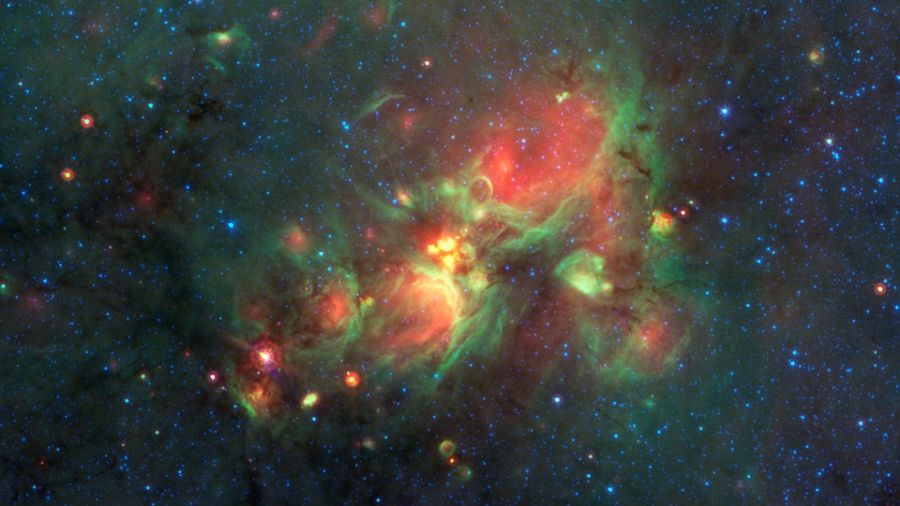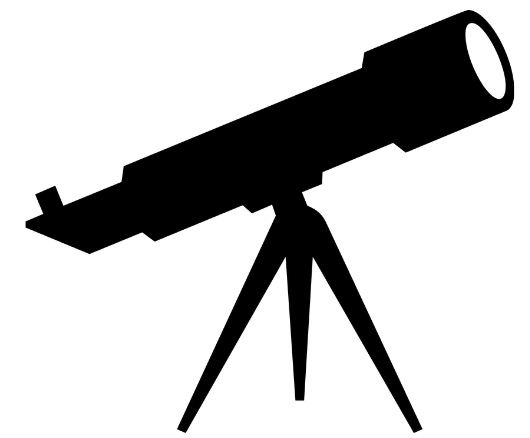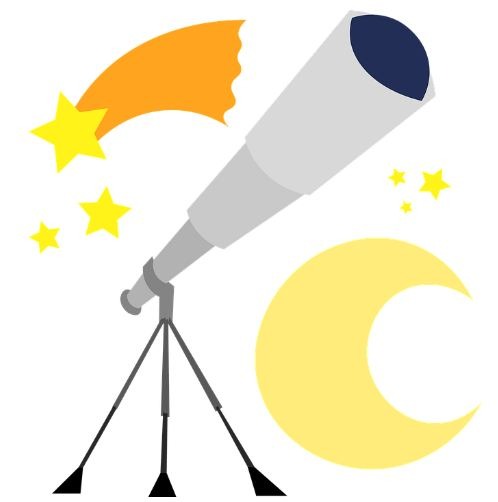Through the use of an astronomical telescope, we can have a deeper insight into how the heavens work, of the operations of the things above us. Teaching your kids about these is one of the best decisions you could ever make for them.
To start their learning experience about the stars and other heavenly bodies, buy a powerful telescope, get them outdoors and let them see the beauty of all around us. Here are the benefits:
Perfect Family Bonding Experience
You can imagine how connected you all will be if you get your family under the open heavens in the cool of the day and, with the aid of a telescope, look at the stars. It is a perfect scenario for all of you to become one.
However, before teaching your son about science, you should learn first. This is considering you cannot give out what you don’t have.
Better Understanding of Classical Literature
Most classical literary works were centered on stellar observations because astronomy was the order of the day when they were written. For instance, the works of Virgil, Homer, etc., referred to the stars. As such, someone who understands how the stars work will be better positioned to relate to their works.
Better Appreciation for the Earth
Teaching your kids about the planets, stars, sun, etc., helps them better to appreciate the frailness and usefulness of the Earth. As such, they will be more inspired to protect the Earth in all they do and keep it green for sustainability’s sake. This is a great way to curb the pollution of the planet.
Better Understanding of Mathematics
Classical Astronomy is an excellent vehicle to employ math for the most ambitious students. Students can use arithmetic to apply to timekeeping and the ancient craft of navigation by studying the basic movements of the heavens. The history of astronomical studies is intricately linked to the history of mathematics.
Knowing about the stars helps your kids better understand Mathematics since it is an integral part of Astronomy. So if you have kids who have been finding Maths strange, here is a way forward for you.
Attracts Them to Learning
Teaching your kids about the stars and the outside world helps them develop a strong love for learning. You may not know it, but you are setting them up for a life of self-education and personal development. You would need a telescope to help them enjoy the learning.
Choosing a good telescope is a matter of your knowledge about the product and your budget.
Inspires in Them Deep Awe for God
Exposing your kids to knowledge about the stars and other heavenly bodies makes them wonder how incredible and mighty the being who created these things must be. It can be the start of a lifelong journey to discovering who God is, how to better connect with Him, and connecting with their spirituality.
Hence, if you are a religious person, it would provide an opportunity to help them know more about God. If you are not a religious person, your kids can learn to appreciate the several forces, actions, and reactions that have made the world develop to the extent it has today. They would also start to wonder what the future could be like and how they could be a part of that future.
Attracts Them to the Sciences
A lot of people think science is way above their comprehension. However, this is not true. If you are determined and disciplined to learn, you will find science exciting and enjoyable. By teaching your kids about the Sciences, you can inspire a deep love for the Sciences.
Piques Their Curiosity
Anyone who learns something so mind-boggling such as the operation of the stars and other heavenly bodies, will want to know more about it. This curiosity is likely to spread to other areas of their life and spark in them a desire to learn deeply.
Makes Them Love Nature More
In this fast-paced world where most people are either living in their future or past and deeply immersed in technology, not many people appreciate the beauty of what surrounds them. Nature is therapeutic and beautiful, and you can help your kids recognize that as early as possible in their lives.
Better Understanding of the Daily Rhythms of Life
Exposing your kids to the stars through a telescope helps them know more about our days and nights as humans. They understand better how the solar system impacts time and seasons rather than see it as mysterious.
Develops a Deep Sense of Humility in Them
Exposing your kids to the fact that they are just a tiny part of the universe helps them understand that life does not revolve around them. No matter how big or small, everything plays a role. As such, this can help deal with pride early in their lives.
Mythology and Astronomy Intersect
Every constellation has a story to tell. Many ancient civilizations utilized the stars as a canvas for storytellers to pass down traditions, myths, and fables. Many ancient people have used the stars as a canvas for storytellers to pass down myths, traditions, and fables.
Teaching your kids to about stars and Astronomy in general astronomy allows them to learn about ancient nations’ mythology and then “pin” what they’ve learned to images they see in the sky from night tonight.
Unlike Other Sciences, Astronomy Can Become a Hobby
Biology, physics, and chemistry are challenging to turn into casual pastimes. On the other hand, Astronomy may be done without any high-tech equipment almost anyplace on the planet. Learners can invest in star charts and an amateur telescope if they wish to “go pro.”
Developing Their Interest
When your kids are yearning to go somewhere, look up your local planetarium and pay a visit. Many planetariums are parts of natural history museums, likely containing water or nature exhibits and activities for youngsters to relate Earth to the solar system.
Look up when you’re outside with your kids late at night! Look up at the moon and stars to see if you can spot Venus or Mars. You don’t need a telescope, but it wouldn’t hurt to have one. You can also use binoculars.




